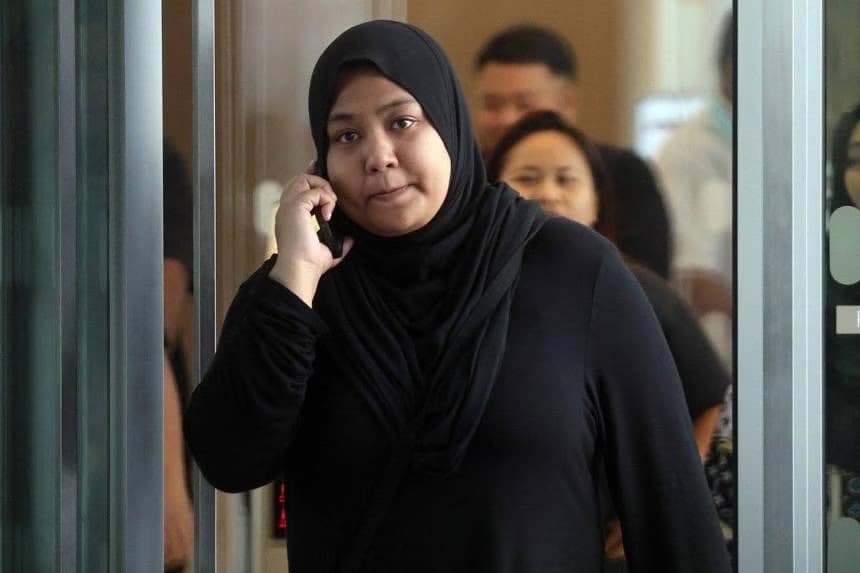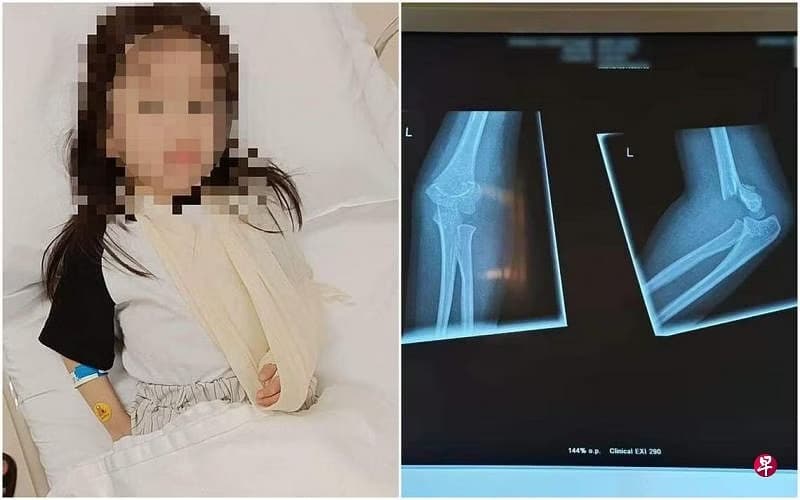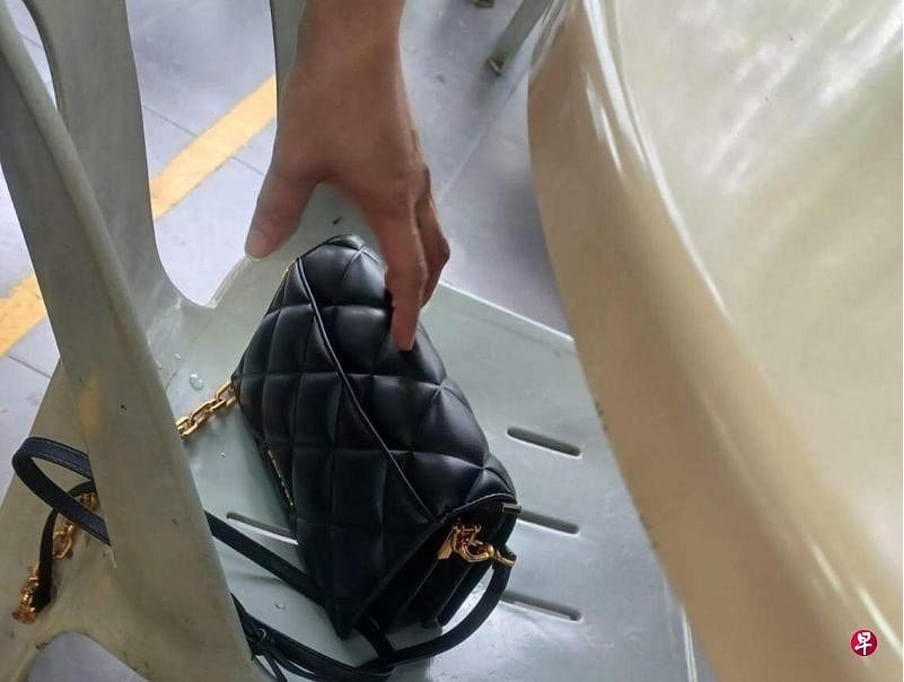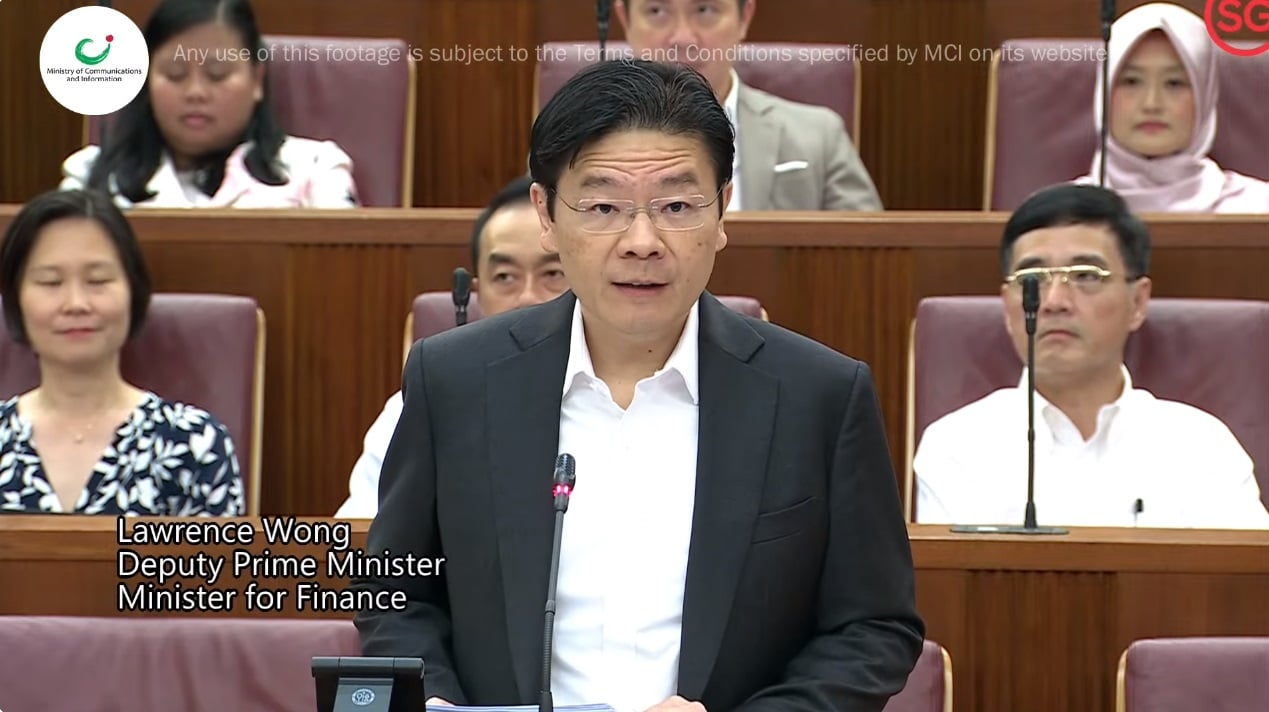A shop in Johor Baru selling Japanese healthcare products displayed a notice that reads “Bahasa Malaysia” only.
It didn’t state whether the shop welcomes Chinese Malaysians who can speak Malay.
However, the notice in both Malay and Chinese, requested Chinese customers to patronise its other outlets for their community.
Initially, there were more Chinese customers as its products were not halal-certified but some products have since received the certification.
The company was trying to widen its market base to reach out to more Malays and Indians. The outlets in Ipoh, Kuala Lumpur and Johor use Malay only.
The outlet noted that the different premises for different races is only a marketing strategy.
This is not the first time racially controversial issues have taken place in Malaysia.
In September, A Muslim man in Muar displayed a sign that said his launderette were for Muslims only.
Something similar also happened in northern Perlis state. Another launderette who was running a “Muslims only” business, opened up his shop to everyone after the state’s Islamic chief and Perlis crown prince visited.
In Singapore, late Mr Lee Kuan Yew made English the common language after we separated from Malaysia in 1965.
Watch how he met the American press in 1967 and pointed out that he could not speak as a Chinese because he was a Singaporean.
(Fast forward to 12:23)
Here’s the transcript if you prefer to read:
MR. TOPPING: If I might shift a little here, one of the questions in our
minds here has been about the future of China and the relationship to Southeast
Asia.Some people are saying that China is now so divided politically that there
is no great danger for Southeast Asia in the future.Speaking as a Chinese who understands China, can you make an estimate
or a guess as to the future of China? Do you think in the near future it will
become again a unified country, a strongly unified country that might represent
some kind of a danger to Southeast Asia?MR. LEE: First of all, I can’t speak as a Chinese because I am a
Singaporean. I am of Chinese ethnic stock and this is crucial. You ask me to speak as a Chinese.MR. TOPPING: As an ethnic Chinese.
MR. LEE: You know the Chinese People’s Republic in Peking will be, I
think quite rightfully indignant and so will the other aspirant in Taipei, but
speaking as a Singaporean with some of the built-in memory programming of the
Chinese people, I would say if you believe that the Chinese people will just
splinter up into so many warlord communist committees, each governing a
province or even part of a province, then you will make one of the gravest
mistakes about Asia. I think I — I have travelled around the world often and, you
know, people don’t know that I come from Singapore and they treat me as a
Chinese, or as a Chinaman in the old days as they used to call them and they
used to say “Ah, Chiang Kai-shek,” you know, in the middle forties and thirties.
And of course, Mao Tse-tung.
If you’d like to contribute your story to us, drop us an email at editors@sureboh.sg and we’ll review it. We read each submission that comes to us within two weeks of receiving it.





